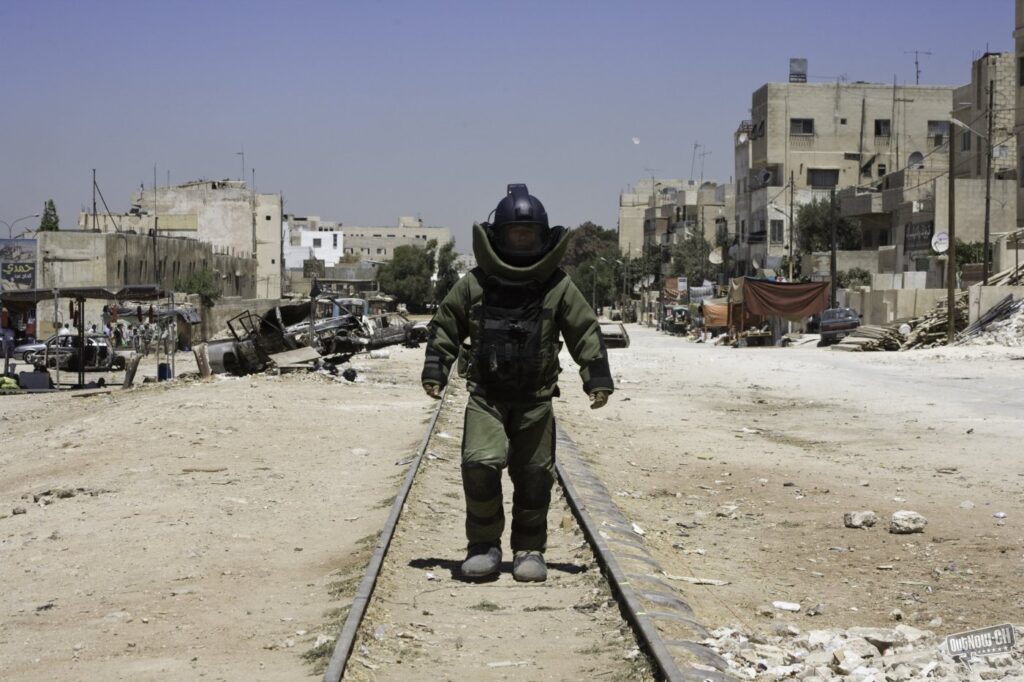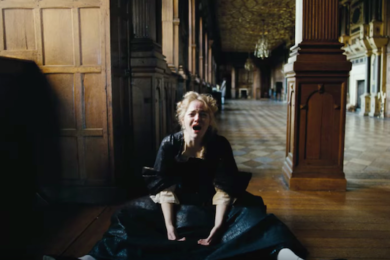Recently, Kathryn Bigelow became the first woman to ever win an Oscar for directing a film. She certainly deserved it, not just for her most recent work – The Hurt Locker was probably the finest telling of a story set in modern-day military conflict – but also for her impressive contributions to cinema over the past quarter century. Anyone who wants to pretend Point Break isn’t one of the greatest action films in cinematic history can stop reading right now and go watch it again.
Even though Bigelow is the first woman to win, however, doesn’t mean she was the first woman who deserved to. Below are 10 great films directed by women. None of whom, of course, have Oscars. There’s always the lifetime achievement award to correct the narrow-minded wrongs of Hollywood’s past.
Fast Times at Ridgemont High
Amy Heckerling took Cameron Crowe’s script about the real, tragic and hilarious lives of high schoolers in the early 1980s and filled it out with a terrific sense of hearty, empathy and fun. Balancing tones with precision, she translated the sense of discovery, joy, possibility and hurt that inform every moment of a teenager’s hectic life. The end result is a movie in which both the comedic stoner icon Jeff Spicoli and a heartbreakingly real story of abortion coexist naturally.
Desperately Seeking Susan
At first glance, Susan Seidelman’s Desperately Seeking Susan may seem like a glossy, shallow product of the glossy, shallow decade in which it was made. Not to mention the presence of the material girl herself, Madonna, in the title role. The real story being told here, though, is of the dream of carefree bohemian independence that has existed in the mind of every bored housewife since before Madame Bovary. The movies is a modern, urban fairytale told with the infectious charm of the Brothers Grimm themselves.
The Piano
Before Bigelow’s historic Oscar win, this was the one that came the closest. Jane Campion’s period piece had the unfortunate honor of being nominated for best picture alongside Stephen Spielberg’s Schindler’s List, but it may have been an even more fitting film to earn the distinction that would eventually go to The Hurt Locker. The Piano, like all of Campion’s films, really, is specifically about womanhood and femininity. The mute Ada (Holly Hunter) is treated like property by her husband. But it’s Harvey Keitel’s George who sees that she has something to offer and then wants even more. The film’s maturity and complexity displays itself in the way Ada deals with George’s demands, like a woman who wants not to be accepted by men or to be more like a man but who simply (and grandly) wants to be allowed her full range of feminine expression. Much like the great Jane Campion herself.
Boys Don’t Cry
One of the unfair and, frankly, unfounded stereotypes about the fairer sex is a tendency toward squeamishness. Kimberly Pierce’s Boys Don’t Cry goes a long way toward disproving mainstream ideas about this concept, as its centerpiece scene is so difficult for me to watch, I shudder at the idea of revisiting it. To have stood there and directed it must have taken more nerve than I can muster. It’s a testament to the film and its director that all these years later, the scene, and the heartbreaking yet vibrant film that surrounds it remain burned in my memory.
Ratcatcher
The Scottish director Lynne Ramsay made her first feature, Ratcatcher, in 1999 and her second and, at this point, most recent, Morvern Callar, in 2002. As far as the history books are concerned, she doesn’t need to submit anymore films to secure her place as one of the best of our generation. That doesn’t mean I’m not biting my fingernails in anticipation of her next project. Her first film is gritty, earthbound and more than a little depressing at times. It also includes a sequence that should clash with the rest of the story but manages to complement it by being more fanciful and more melancholy than anything else in the movie. You’ll never think of balloons or mice the same way again. And you’ll probably think about balloons and mice more than you do now.
Ravenous
This one often gets placed in the insulting and condescending category of, "Can you believe a woman directed that?". It’s true, the amount of gore spilled in Antonia Bird’s Ravenous is usually reserved for testosterone filled action flicks, but this is no mere action flick. It’s an historical epic, cultural commentary, a horror film and, above all, a comedy as well. It’s hard to find anything specifically masculine or feminine about it. It is singular and bizarre and almost certainly the only allegory for the genocide of the American Indians that also features a stoned David Arquette and a whimsical score cowritten by Damon Albarn.
American Psycho
Bret Easton Ellis’ novel, the source material for Mary Harron’s American Psycho, contains so much vivid, exhaustingly detailed and pathological violence against females that anyone who wasn’t a woman and tried to bring it to the screen might have been suspect. But Harron cut right past any glorification of Patrick Bateman’s deeds and brought fully to light just what a pitiable loser he really is. Pity, however, is not the response we’re meant to have. Instead, Harron makes the whole, disgusting thing palatable by making us laugh, long and mockingly, at the mean, shallow lives of the rich and insecure.
Monsoon Wedding
Now, it would be dishonest and maybe a little self-serving, to not include any films on this list that speak specifically to a female demographic. And what (according to the movies) do women love more than a wedding? Watch the film, though, and you’ll find Monsoon Wedding isn’t exactly Bride Wars. The highlight of a career filled with highlights, Mira Nair’s film is, like all great films, both personal and universal. The customs of an arranged wedding in the Indian culture might be foreign to many of us but the themes of family and love and life and pain and joy and all that speak to everyone. Also, being set in India, there are a whole lot of really pretty colors.
Lost in Translation
Sofia Coppola’s Lost in Translation is not a love story. If you haven’t seen it, don’t get your hopes up for a soft focus sex scene or a climactic kiss. No, what our two leads (Scarlett Johansson and Bill Murray) find is more profound, more fleeting and far less tangible than any of that. It’s the story of two very different people who are only able to make a connection because they’re similarly adrift in a strange land but whose connection is all the stronger for that. Also, Giovanni Ribisi’s character is said to be based on Coppola’s ex, Spike Jonze. So that’s fun.
Me and You and Everyone We Know
Miranda July’s mind is that of someone who is both trapped in adolescence and, at the same time, possesses the maturity and wisdom to comment on that adolescence. She substitutes cuteness for romance but also realized the disappearing usefulness of romance in adult life. She is simultaneously obsessed with sex and not the least bit sexualized. It would be tempting to think of her as a savant except she got this bizarre and beautiful curio financed and produced, which takes no small amount of brains. Hopefully, she, along with Bigelow, Campion and the others on this list, represent the future of women in cinema. No longer relegated to making "women’s films," they will instead make deeply personal ones that will resonate for many years to come.
David Bax is the author of the excellent Battleship Pretension, which you can read here.



